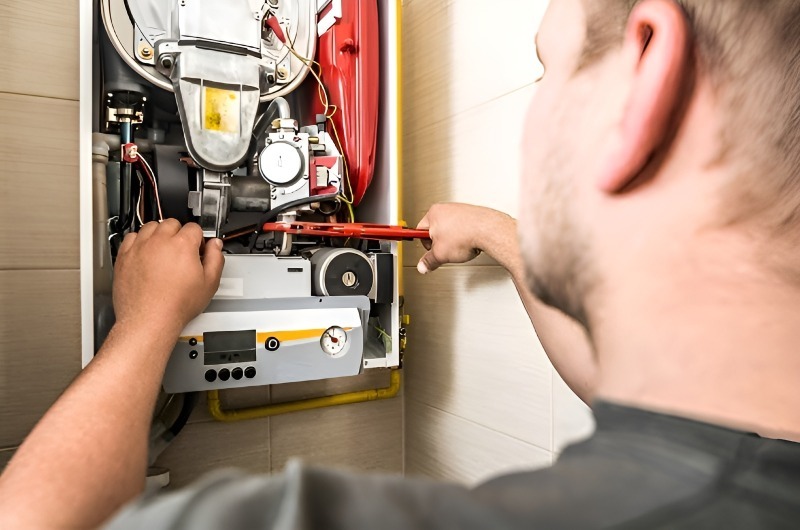1/28/2025 2:07 AM

Facing problems with your water heater can swiftly transform daily pleasures into hassles. Whether you're facing fluctuating water temperatures or unusual sounds, this guide to water heater repair will assist you in recognizing typical issues and potential DIY fixes.
Prior to starting any repairs, confirm your safety by switching off the power supply to the water heater. For electric heaters, turn off the power at the circuit breaker. For gas models, adjust the gas valve to the pilot setting.
Repairing a water heater usually begins with decoding the error messages shown on your device. Various brands and models possess unique codes, yet there are several common ones to watch for:Sure! Please provide the text you would like me to paraphrase.
Sometimes, sediment accumulation in the tank may cause poor heating or knocking noises—a situation you can address with some do-it-yourself work. To drain your water heater:Sure! Please provide the text you'd like me to paraphrase.
Regular upkeep can prolong the lifespan of your appliance and lessen the requirement for extensive water heater repair.Inspect the anode rod each year; it's crucial for preventing rust in the tank. If the rod is less than half an inch thick or covered in calcium, it needs to be replaced.
Keep in mind that although basic troubleshooting and maintenance can be performed on your own, some repairs are best left to experts to guarantee the safety and reliability of your system. If you're uncertain, a qualified technician can provide professional guidance and repair solutions.
To sum up, being aware of and tackling typical water heater problems in advance can help you conserve both time and money. Using the appropriate tools and prioritizing safety, addressing water heater repair can bring back comfort and efficiency to your household.